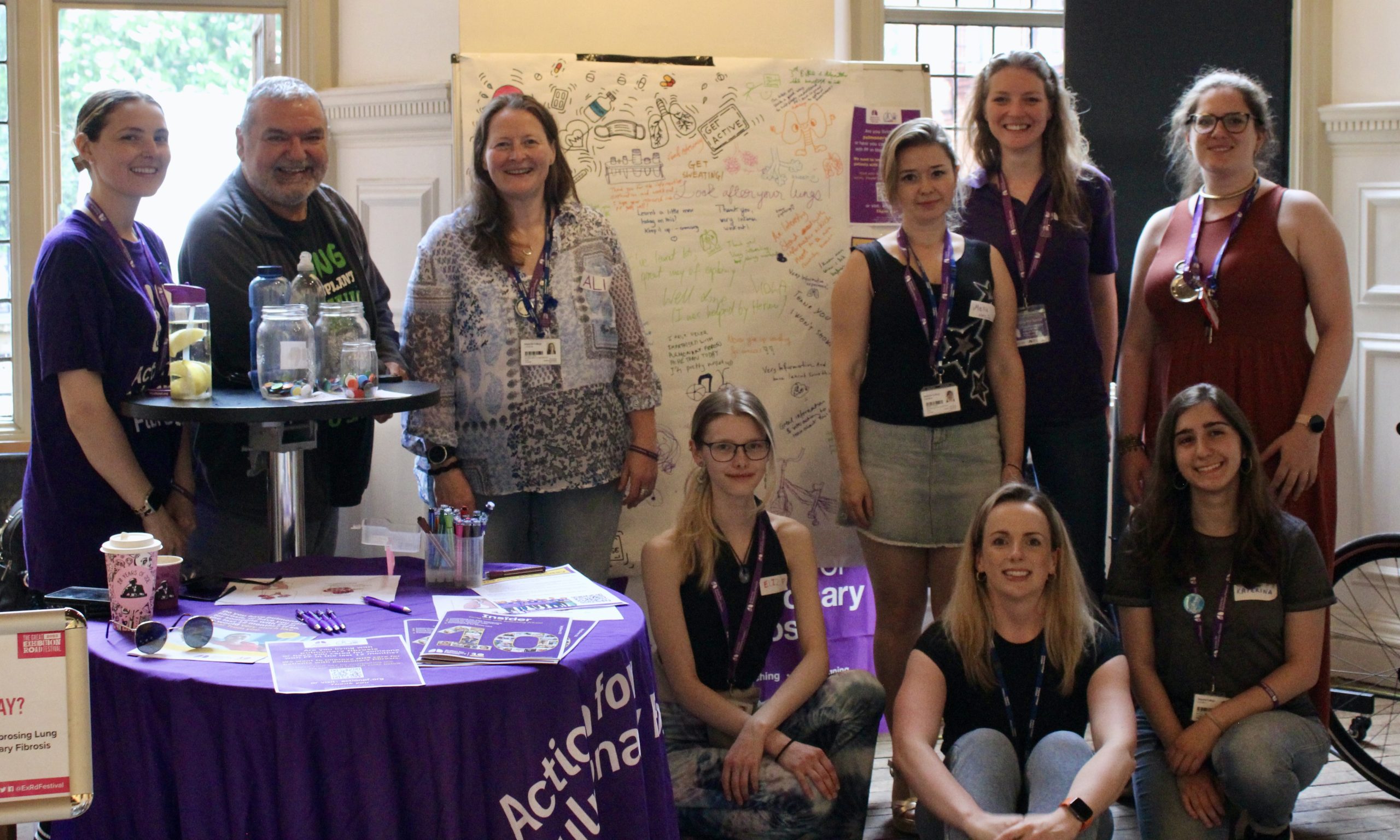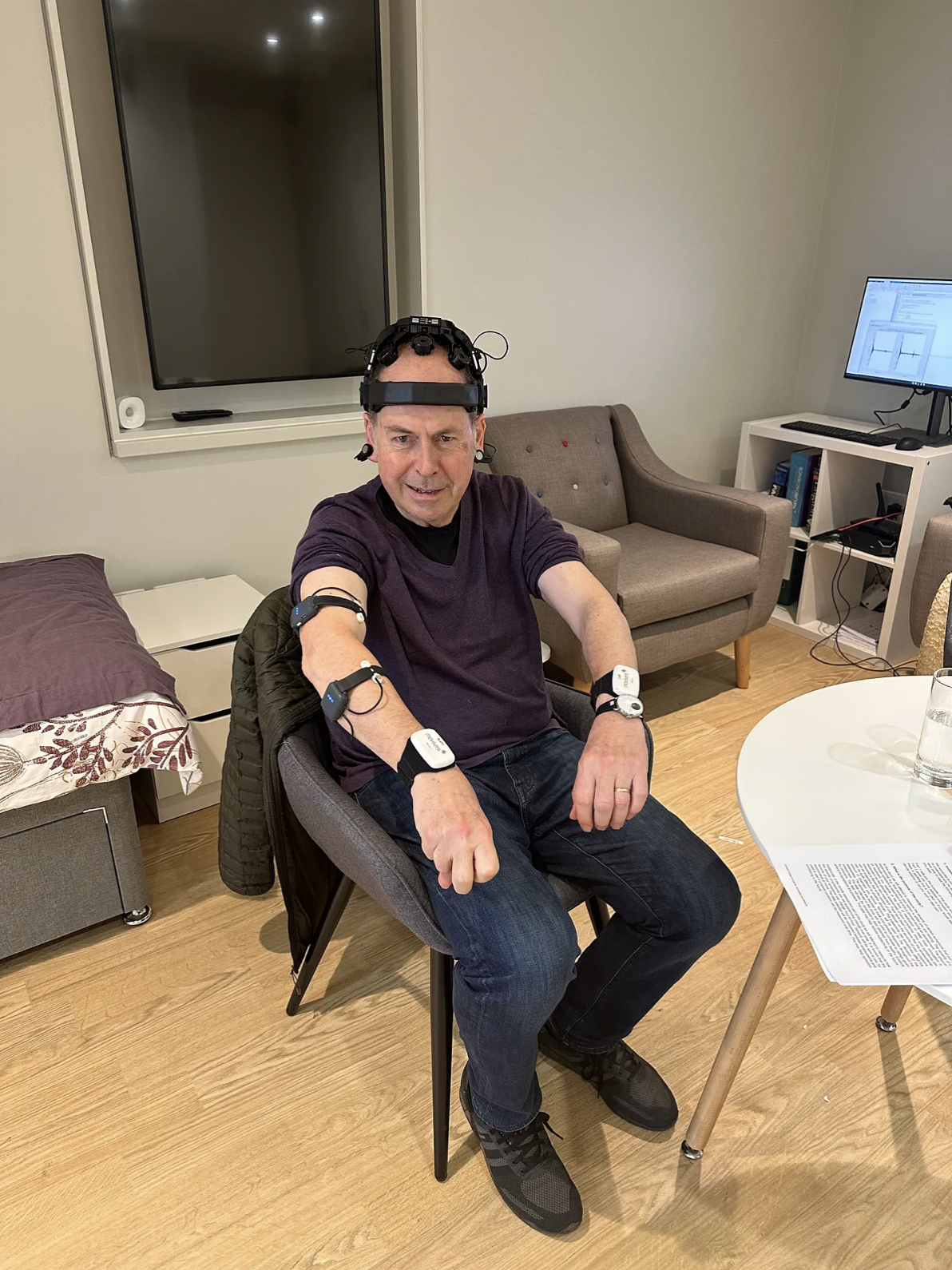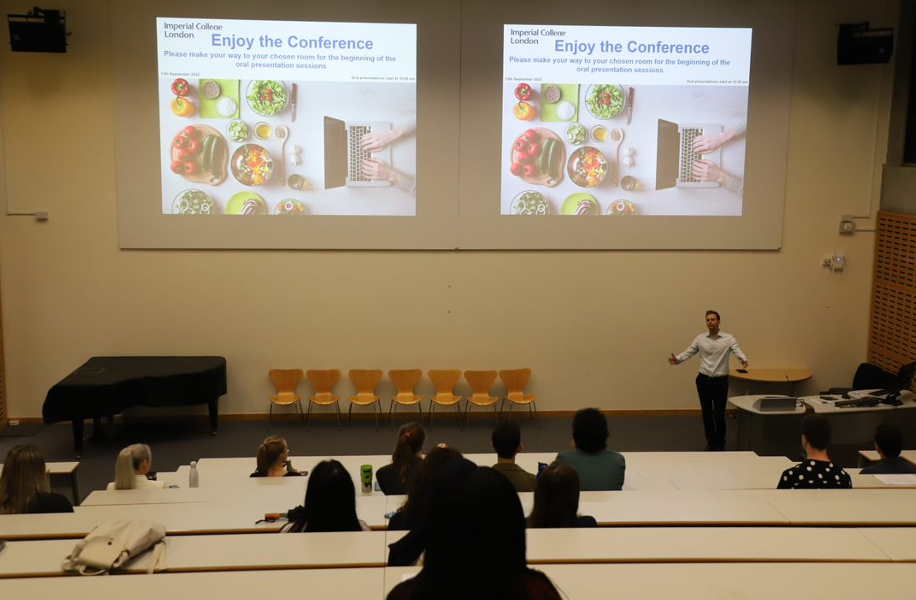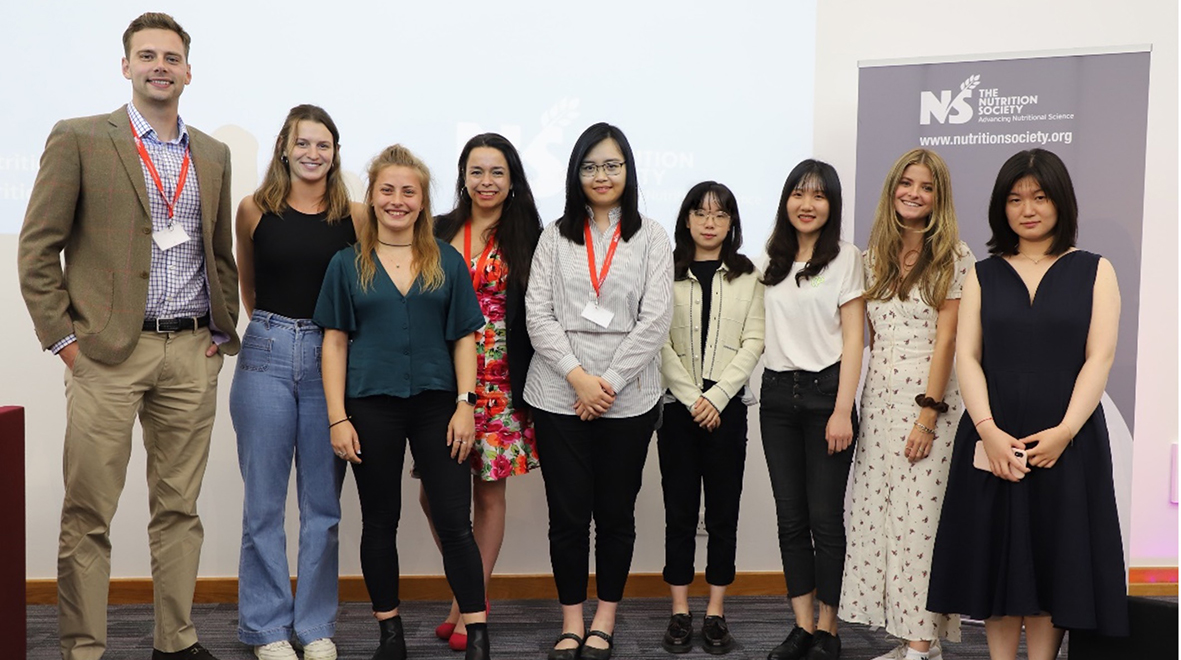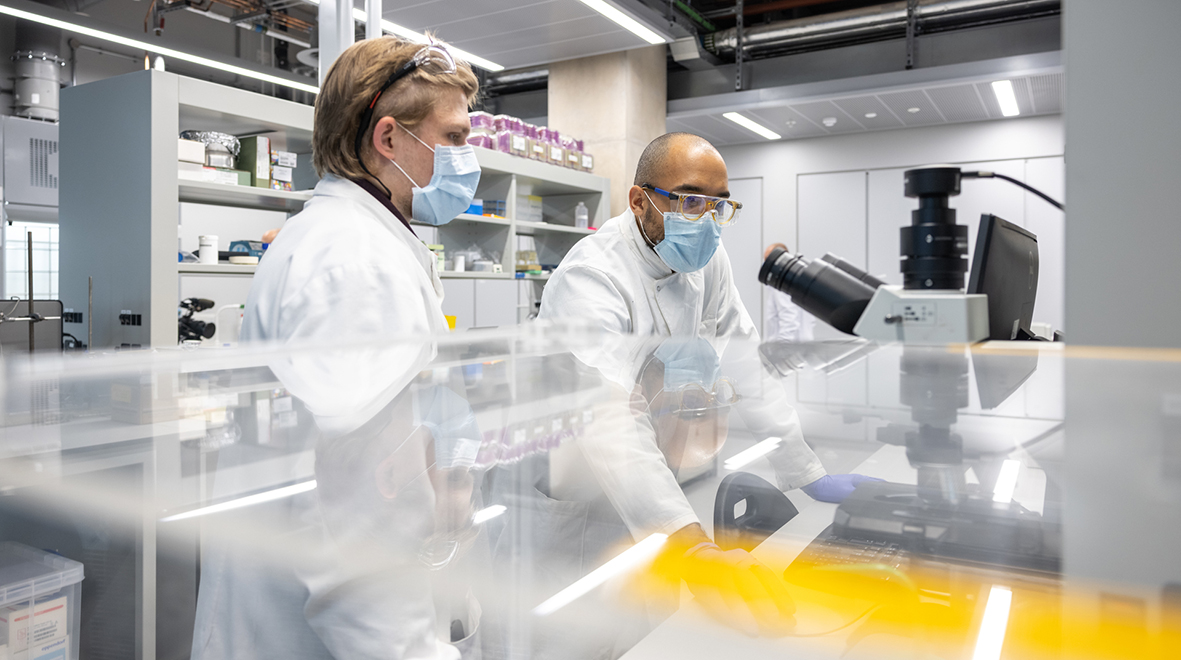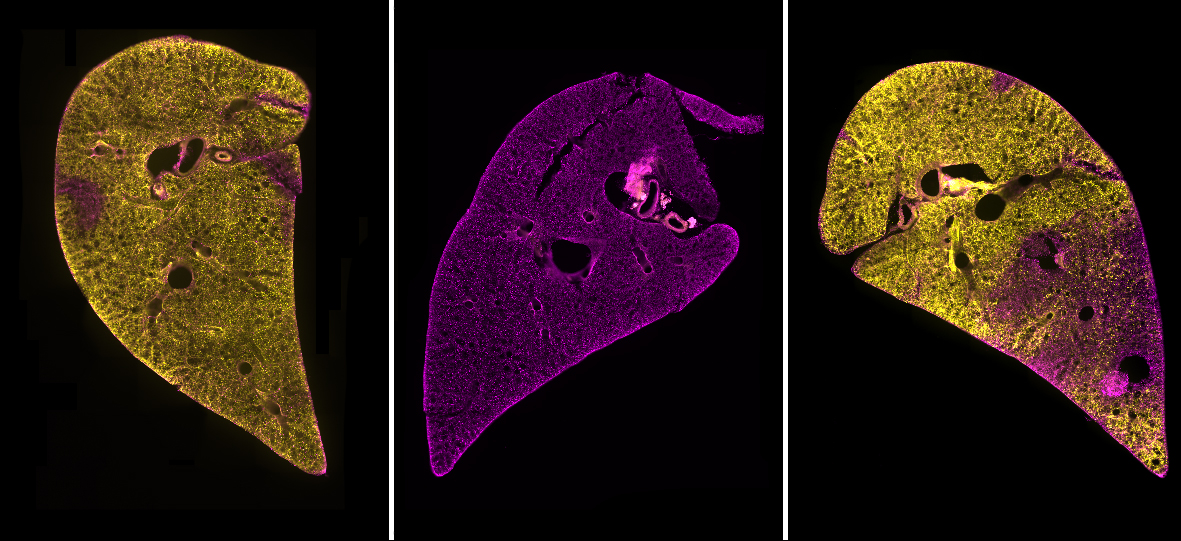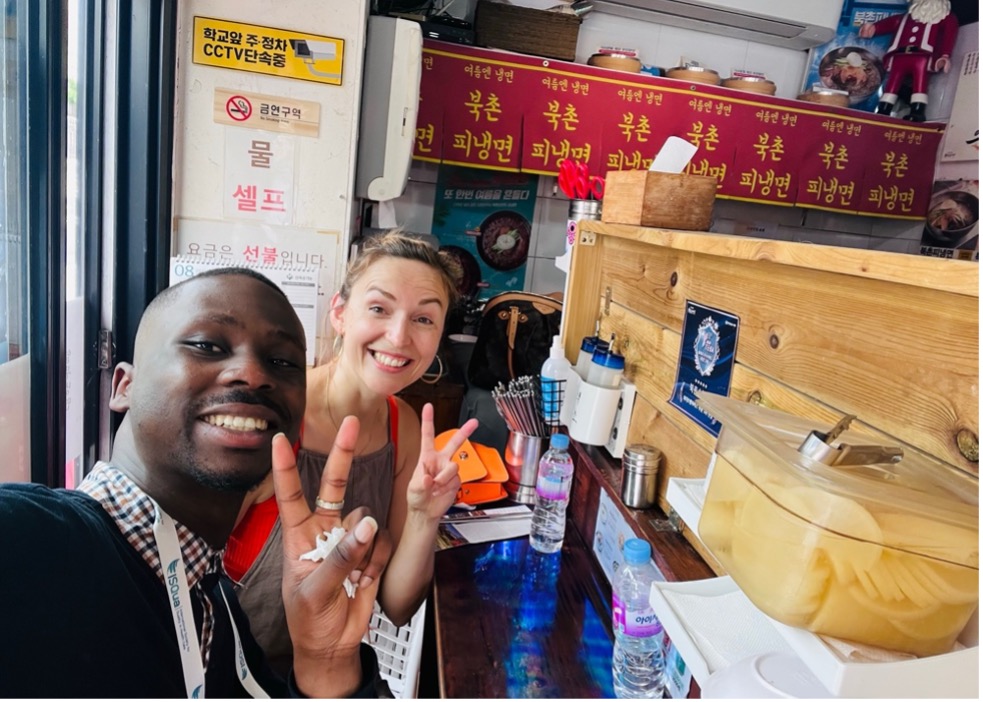
Dr Lindsay Dewa, Advanced Research Fellow in Mental Health, and Pelumi Fatayo, co-producer of Nexus, reflect on their experiences of presenting together at an international conference, and the value of putting co-production into practice.
“Oof – long day that wasn’t it! Is it 11pm or 7am? Is it Friday or Saturday? I’m so confused!” – Lindsay
That was a question I had asked Pelumi following over 24 hours of travelling from London (and Manchester for Pelumi) to South Korea. But I could see it was already well worth the trip before we’d even stepped out of the taxi – the bright lights, the heat… the friendly taxi driver trying to figure out where our hotel was on his five digital devices… we were excited! But what I was most looking forward to was co-presenting about co-production in mental health research at a prestigious international conference – ISQua – with one of my young co-producers, Pelumi. The conference theme was “Technology, culture and co-production: Looking to the horizon of quality and safety” so we felt it was perfect for us to share our experiences.

